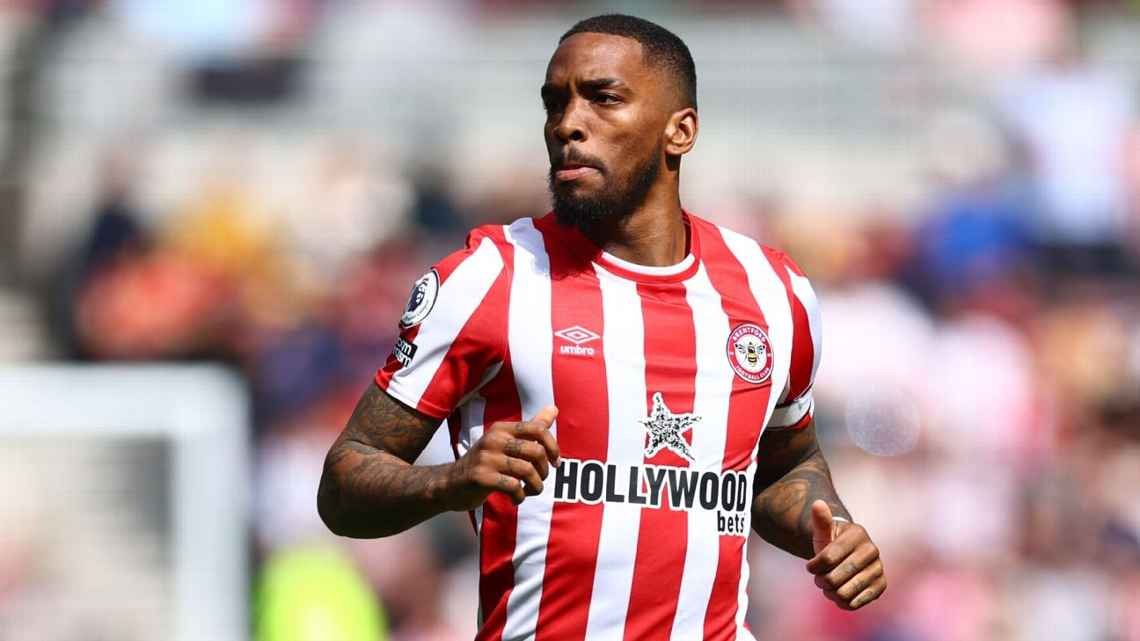Betting Sponsors in the English Premier League
Image Courtesy: The Mirror
Earlier this year, the English Premier League announced that gambling sponsorships would be banned from appearing on the front of team uniforms. Amidst an ongoing nationwide effort to combat gambling addiction and the related sports betting industry, especially among the Premier League’s young audience, the decision is a monumental step towards reducing the influence and prevalence of gambling advertisements.
As of March 2023, 44% of UK adults had recently participated in gambling. Regardless of the debatable morality of gambling itself, the more concerning issue is that 31% of children had also participated in some form. Excessive gambling, especially from a young age, can cause damage to individuals and society. It’s no surprise that gambling companies' presence in the public eye is being targeted and reduced as a result. Rather than continuing to glorify and promote them on the front of team kits, the Premier League is taking a stand against an industry that profits off of addiction and misfortune.
A Problem for Everyone
The presence of these companies in the public eye normalizes and encourages sports betting and gambling, especially among younger audiences who idolize players and regularly buy their team’s kits. Regardless of someone’s age, wearing these sponsors on their clothes and seeing them at games, in public, and on television integrates the risky habit of sports betting into everyday life, when it should be kept safely separated.
Adding to the issue that young children can idolize players and the companies that are associated with them, players themselves are not immune from the presence of betting sponsors, either.
In May 2023, Brentford striker Ivan Toney was banned from playing games or even practicing with his teammates for eight months following breaches of betting rules. It makes sense that players should not be allowed to bet on games, given their unique knowledge from within the squads. But the fact that Toney’s club still has Hollywoodbets as its primary sponsor is incredibly ironic. After their star forward opened up about his relationship with gambling, Brentford has chosen to remain with their sponsor that promotes betting at the expense of their player, and likely, their fans.
Image Courtesy: ESPN
Looking Back
Front-of-shirt sponsorships first appeared in England in the 1970s, when Kettering Town and Kettering Tyres agreed to a short-lived deal. Ever since, clubs have generated extra income by selling the visibility that came with their games, boosted by the fact that companies were keen to appear in front of hundreds to thousands of fans each week.
The partnership between clubs and brands seemed like a perfect match. But in recent years, more and more teams have featured sports betting companies on their kits, as the companies attempt to encourage viewers to bet or gamble money on the games they already enjoy watching.
In the Premier League this season, seven teams feature betting companies like Betway, Stake.com, and BK8 on the front of their shirts. In the league below, which itself is named the SkyBet Championship, five more teams are sponsored by gambling companies.
Image Courtesy: Kettering Town FC
Going Forward
Sponsorships are sources of significant income for teams, and the funds help them sign players, perform stadium upkeep, and run the multimillion dollar clubs behind the scenes. Instantly pulling the plug on this cash would send clubs into financial turmoil, so the withdrawal from problematic sponsors must be more gradual.
First, the decision to outlaw gambling sponsorships only applies to primary sponsors on the front of team kits. Gambling advertisements can still be placed on sleeves and around the field perimeter boards, but the brands will no longer be featured so prominently on the player’s chests. The Premier League’s decision will also take effect after the 2025/26 season, giving teams plenty of time to find alternative sponsors.
And there are plenty of opportunities for alternative sponsors available. For example, Nottingham Forest featured the UK for UNHCR refugee charity logo on their kits last season, putting the organization’s important work in the spotlight while making financial contributions to the charity as well.
Shirt sponsorships are incredibly influential as they appear on the front of people’s favorite players and are associated with fans' lifelong clubs, some even becoming ingrained in a team’s historic culture. But with such a massive audience of young viewers, the Premier League’s decision to voluntarily remove the gambling promotions from the front of player’s shirts, who are often seen as role models and idols, is crucial to combat the normalization of the gambling and sports betting industries. There is a long way to go before the powerful influence of these problematic sponsorships are removed entirely from the sport, but the decision is an admirable step in the right direction.
Ian Katan




